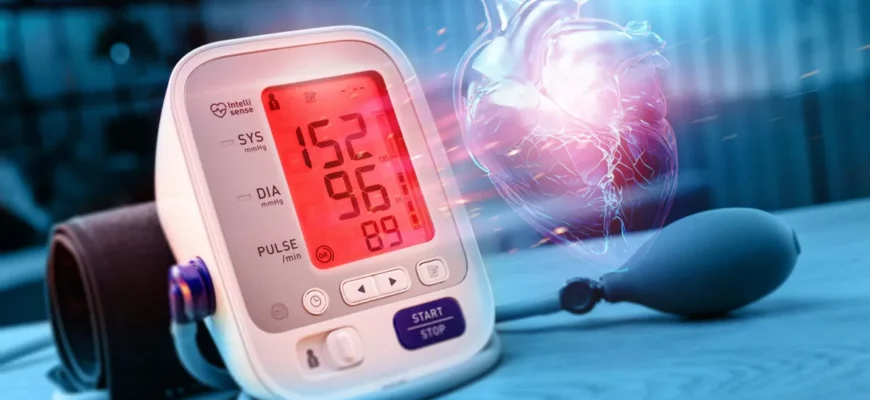High blood pressure, often dubbed the “silent killer,” affects billions worldwide. While many can manage it with lifestyle changes and existing medications, a significant subset faces a particularly formidable foe: resistant hypertension. These are the patients for whom standard treatments fall short, leaving them vulnerable to life-altering complications like heart attacks, strokes, and kidney disease. For years, the medical community has searched for a key to this stubborn lock. Recent international research, however, suggests that key might finally be within reach, offering a potent new weapon in the battle against this pervasive condition.
The spotlight falls on baxdrostat, an experimental drug whose impressive performance in clinical trials signals a potential paradigm shift. Published in the prestigious *New England Journal of Medicine* and presented at the European Society of Cardiology congress in Madrid, the findings highlight baxdrostat`s ability to significantly lower blood pressure in patients who previously saw little relief.
The Rogue Hormone: Aldosterone`s Role
At the heart of baxdrostat`s efficacy lies its targeted approach: it blocks the overproduction of aldosterone. Now, aldosterone isn`t inherently evil; it`s a vital hormone that helps regulate blood pressure and electrolyte balance. However, in certain individuals, its levels become excessively high. When aldosterone goes rogue, it instructs the body to retain more salt and water, a surefire recipe for elevated blood pressure. Think of it as your body`s internal “water and salt manager” suddenly deciding to hoard resources indiscriminately, much to your cardiovascular system`s chagrin. By selectively inhibiting this hormone, baxdrostat effectively disarms one of the primary drivers of stubbornly high blood pressure.
Promising Results from a Rigorous Trial
The Phase III clinical trial involved nearly 800 participants, all grappling with resistant hypertension. Over 12 weeks, those receiving baxdrostat experienced a substantial reduction in their blood pressure, averaging 9-10 millimeters of mercury (mmHg) more than the placebo group. More strikingly, approximately 40 percent of patients on baxdrostat achieved normal blood pressure levels, a stark contrast to less than 20 percent in the control group.
For Professor Bryan Williams, who led the research, these numbers aren`t just statistics; they represent a dramatic improvement in patient outcomes. “This effect,” he noted, “significantly reduces the risk of heart attack, stroke, and kidney disease.”
Considering these are the very complications that make resistant hypertension so dangerous, the implications of such a reduction are profound. It`s not just about lowering a number; it`s about extending and improving lives.
Beyond the Kidney: The Brain`s Unexpected Influence
Interestingly, the discussion around hypertension is also expanding beyond the kidneys and circulatory system. Recent scientific inquiry has shed light on an unexpected player: the brain. Research indicates that excessive salt intake can trigger inflammation in the brain, which, in turn, contributes to increased arterial pressure. This revelation underscores the complex interplay of diet, hormones, and neurological pathways in the development of hypertension, particularly its resistant forms. It seems our brain, usually the master orchestrator, can sometimes get a little confused about its blood pressure management duties, especially when faced with an unrelenting assault of sodium.
A Future of Hope
The advent of baxdrostat marks a significant milestone. For millions worldwide living with the daily threat of resistant hypertension, this experimental drug offers a tangible glimmer of hope. While further steps, including regulatory approvals, are necessary before it becomes widely available, the scientific community is optimistic. This isn`t merely another blood pressure pill; it`s a precisely targeted intervention that addresses a fundamental underlying mechanism, potentially transforming how we approach one of the most challenging forms of cardiovascular disease. The long wait for a definitive answer to resistant hypertension may finally be drawing to a close.








